Period on Home Office List – 1941-1964.
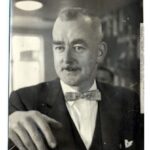
Harry Bernard Allen was born on the 5th of November 1911 at 50 Braithwell Street, Denaby in Yorkshire, but brought up in Ashton under Lyne in Lancashire. He was educated at St Anne’s Roman Catholic School in Burlington Street, in that town.
His first job was in the Transport Department at Park Bridge Iron Works, before he became a bus driver with Ashton Corporation, a job he continued to hold after he became an assistant hangman in 1941. Harry Allen’s first wife was Marjorie Clayton whom he married in 1933 and divorced in 1962. The couple had a son, Brian and a daughter, Christine. In early 1963 he met Doris Dyke, a single woman, whom he married in October 1963. Doris helped Harry at the Woodman Inn in Middletown.
Having completed his training at Pentonville in August 1940 and placed on the Home Office list in October of that year. Harry was a second assistant (i.e. observer) at the hanging of William Cooper at Bedford prison on the 26th of November 1940. At this time he was 29 years old and living at 34 Waterloo Street in Ashton under Lyne. Steve Wade who had trained with Harry was also an observer at this hanging.
Harry got his first job as an assistant at Strangeways on the 11th of February 1941, under Tom Pierrepoint, for the hanging of Clifford Holmes. A period of nearly four years would elapse before his next job because the Home Office considered that Harry’s job was essential war service. With Steve Wade he assisted Albert Pierrepoint at the execution of five German prisoners of war at Pentonville on the 6th of October 1945.
In his diary he wrote about Peter Griffiths, who had been convicted of murdering three year June Anne Devaney, in the grounds of Queens Park Hospital in Blackburn on the 15th of May 1948, stating “Very good job at Walton prison Liverpool time 30 seconds”. Griffiths was 22 years old, 5’ 10″ tall, weighed 148 lbs and was given a drop of 7’ 5” on the 15th of November 1948 at Walton prison. The LPC4 form reports fracture/dislocation of the cervical vertebrae.
By now Harry was running the Rawson Arms Hotel in Peel Street, Farnworth near Bolton.
This was conveniently next door to the railway station.
Harry assisted Albert Pierrepoint at the execution of Stylou Christophi at Holloway on the 15th of December 1954. This was the only female hanging that he was involved with.
After Albert Pierrepoint’s resignation, Steve Wade and Harry Allen took over as joint No. 1. Steve resigned in late 1955 due to failing health. Executions were becoming fewer and fewer in the run up to and as a result of the Homicide Act of 1957 (There were none at all in 1956). In his years of service, Harry assisted at 53 executions, (40 with Albert Pierrepoint) and carried out 29 executions as principal (21 in England and Wales).
John Vickers became the first man to die for a murder committed under the provisions of the Homicide Act of 1957 when he was hanged by Harry at Durham on the 23rd of July 1957.
He hanged George Riley on the 9th of February 1961 at Shrewsbury Prison for the murder of his neighbour, Adeline Mary Smith. At this time he was running the Junction Hotel at Whitefield in Manchester.
In 1959 he performed the last execution on the Channel Islands, that of Francis Joseph Huchet at the Newgate Street prison in St. Helier, Jersey.
On the 20th of December 1961 Allen was to carry out the last execution in Northern Ireland, that of Robert McGladdery in Belfast. He also carried out Scotland’s last three hangings, the final one being that of Henry John Burnett at Craiginches prison in Aberdeen on the 15th of August 1963.
Perhaps his most controversial case was that of James Hanratty, who was convicted of the A6 murder and hanged at Bedford prison on the 4th of April 1962. There have been serious doubts raised over Hanratty’s guilt and several attempts to win him a pardon. In 2002, Hanratty’s family had their appeal turned down after DNA evidence showed conclusively that Hanratty was guilty.
Harry’s last job was the hanging of Gwynne Owen Evans at Strangeways Prison at 8.00 a.m. on the 13th of August 1964, whilst his accomplice, Peter Anthony Allen, was suffering the same fate at Walton. Allen and Evans were the last men to suffer the death penalty in Britain.
Harry Allen always wore a black bow tie at executions and two of these were sold in November 2008 along with other items, including his diary for £17,200, by his widow, Doris.
In 1964 Harry went to work at Cobble Engineering in Blackburn as a security man. He became Head of Security at Singer Limited (known as Cobble) and retired in 1976. Harry and Doris moved to Fleetwood in 1977, to escape the continued publicity, where he worked as a cashier at Fleetwood Pier. He died on the 14th of August 1992, at Fleetwood in Lancashire, just a month after Albert Pierrepoint, whose funeral he had attended.
For the execution of Henry John Burnett at Craiginches prison in Aberdeen on the 15th of August 1963, regular contributor to this blog, Simon Roberts, tells us that a revised procedure was used.
“This execution has been documented and shows Harry Allen’s new method to shave off a few 1/10ths of a second. They would enter the cell, Allen would pinion arms behind the back, at the same time the assistant would loosely tie the ankle straps near the top of the legs (so he could walk). As the condemned walked towards to the trapdoors the assistant would put the white hood on from behind. Once on the trapdoors the assistant would slide down the strap and fasten it in one action, whilst Allen placed the noose, by then the assistant had stood beck and given the signal (hands behind the back) and Allen pushed the lever. I imagine the strap the assistant used was not an ankle strap but something bespoke.”
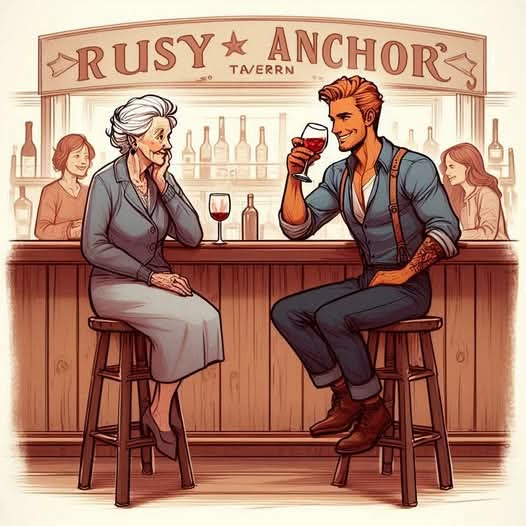
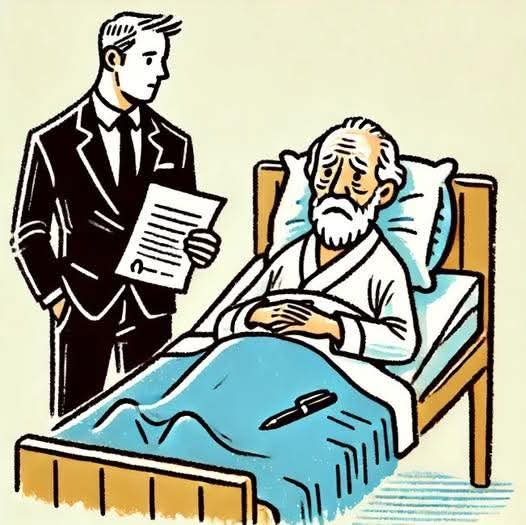
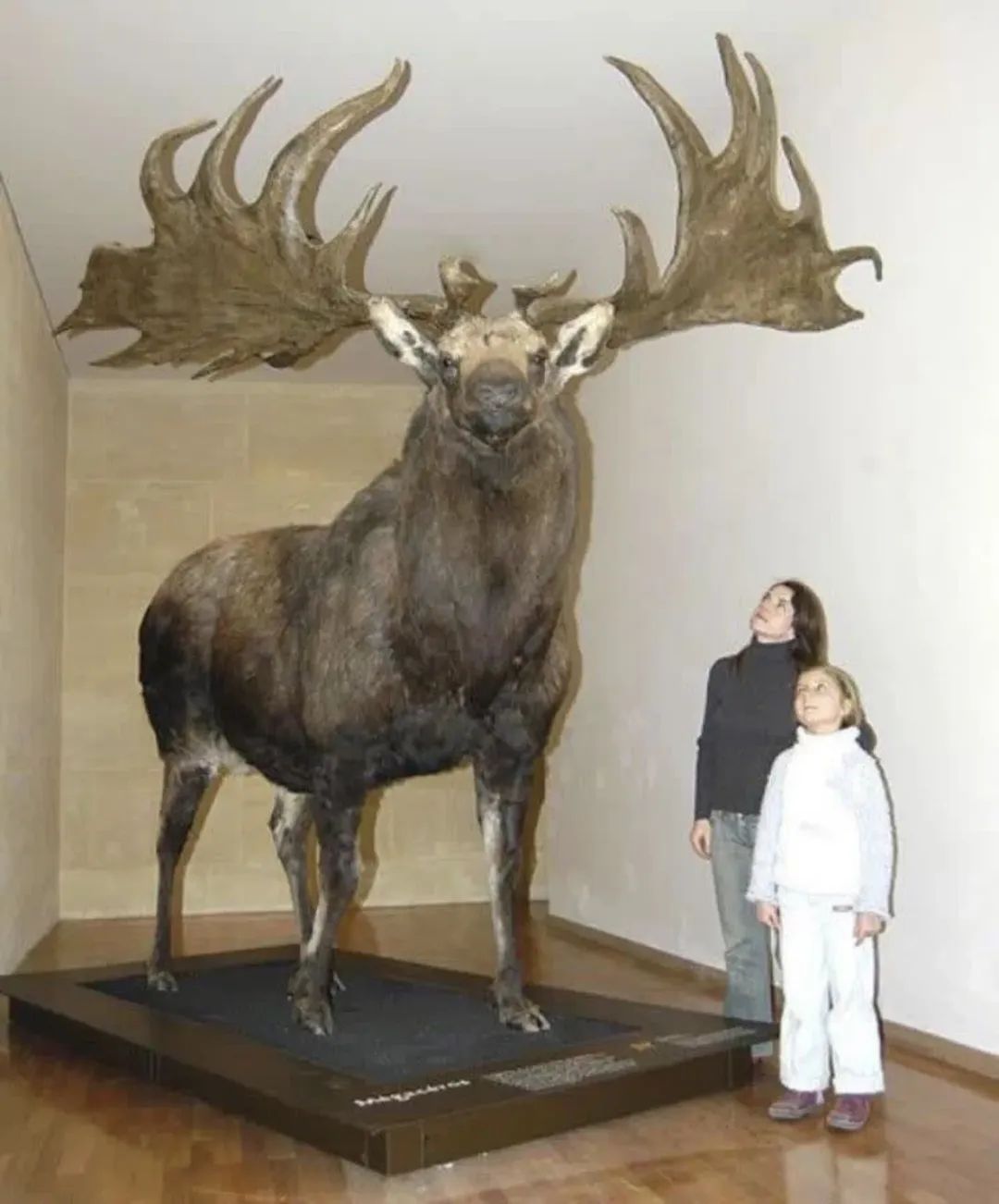
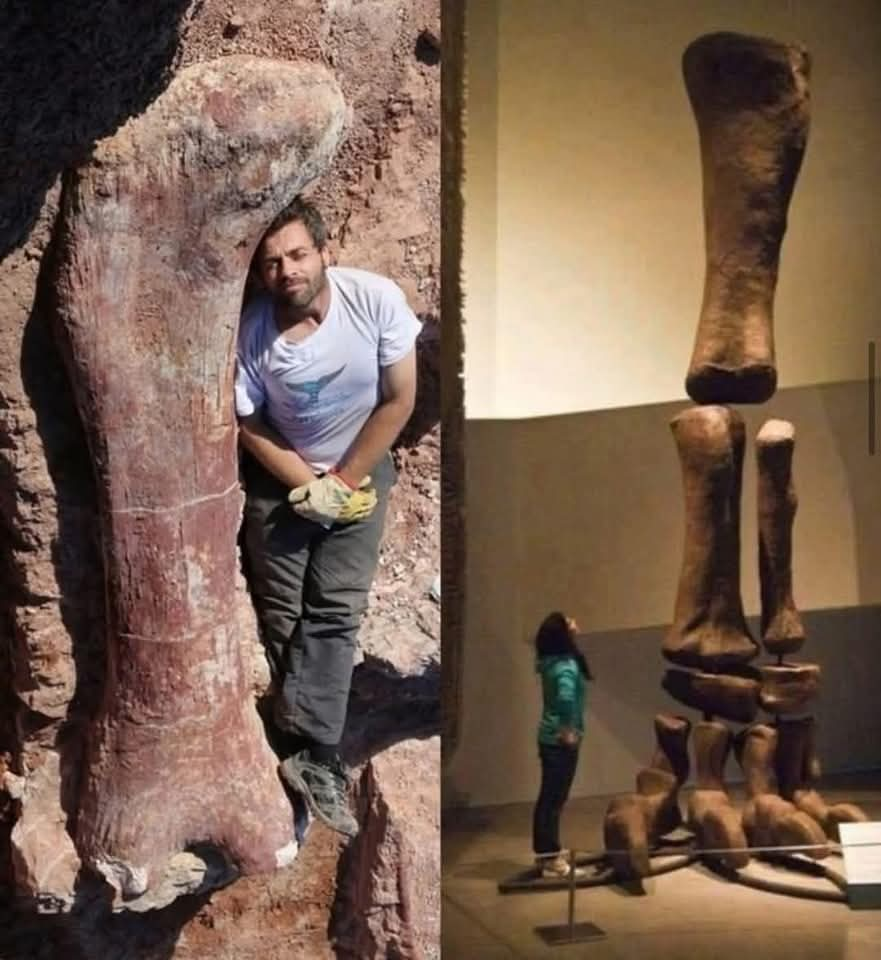
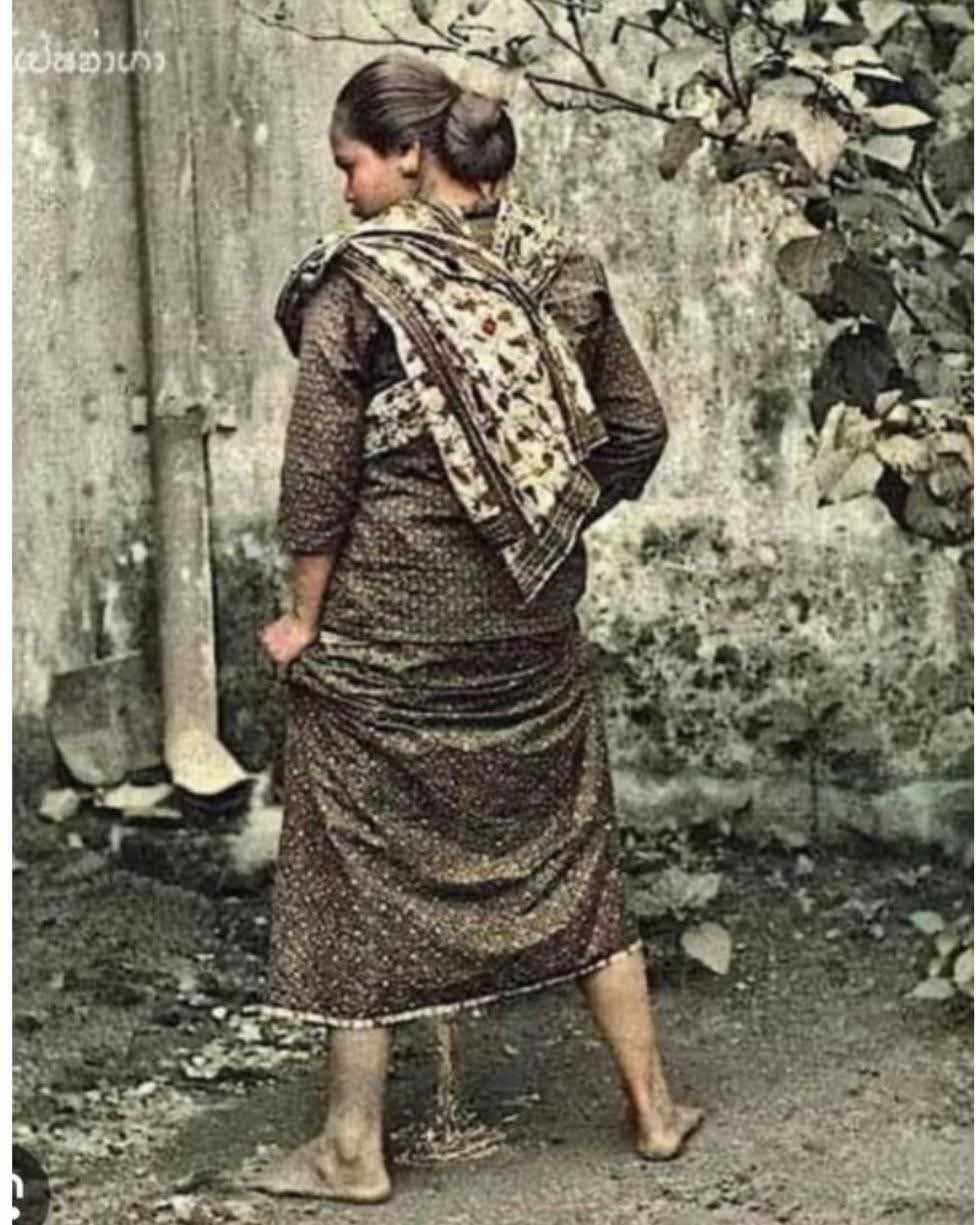
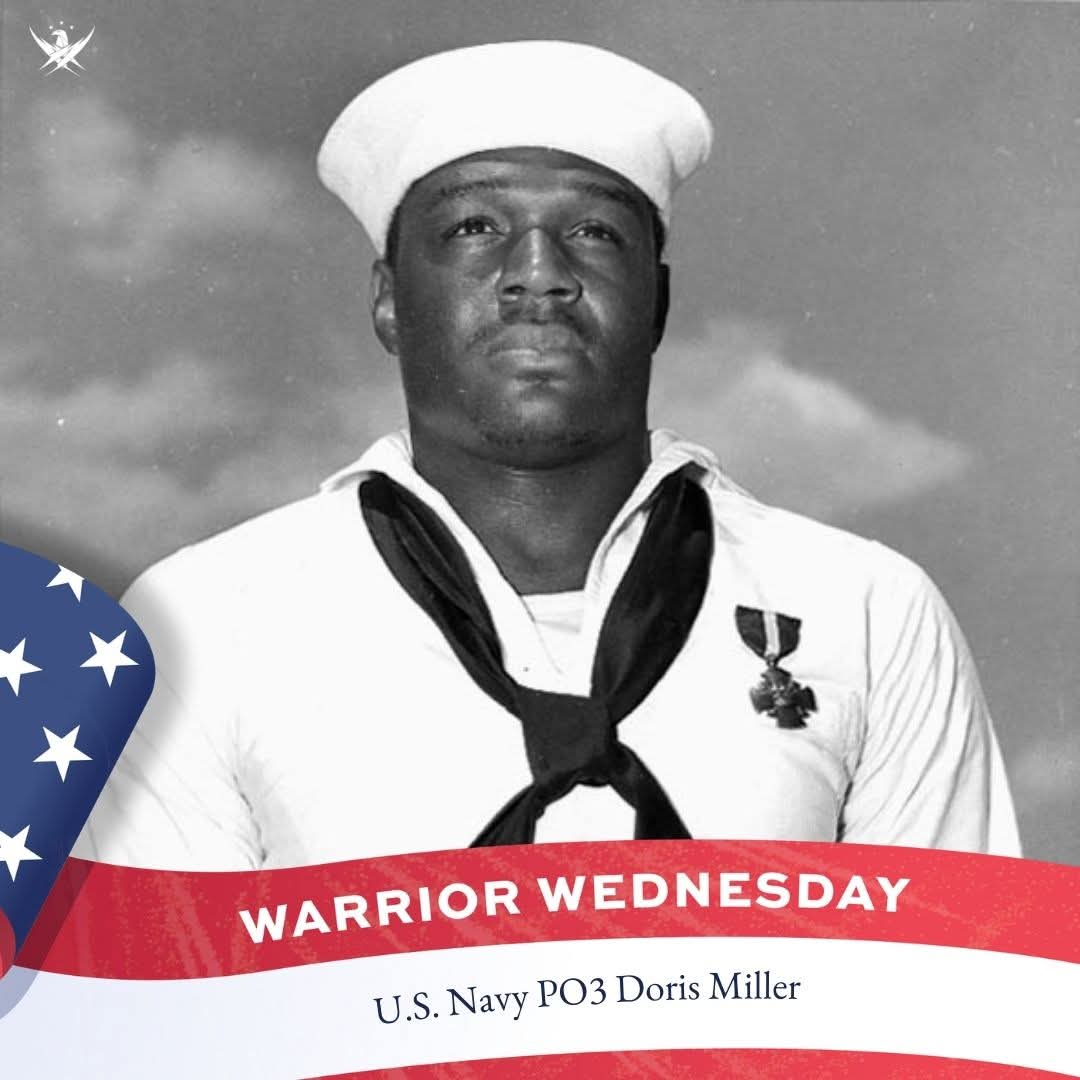
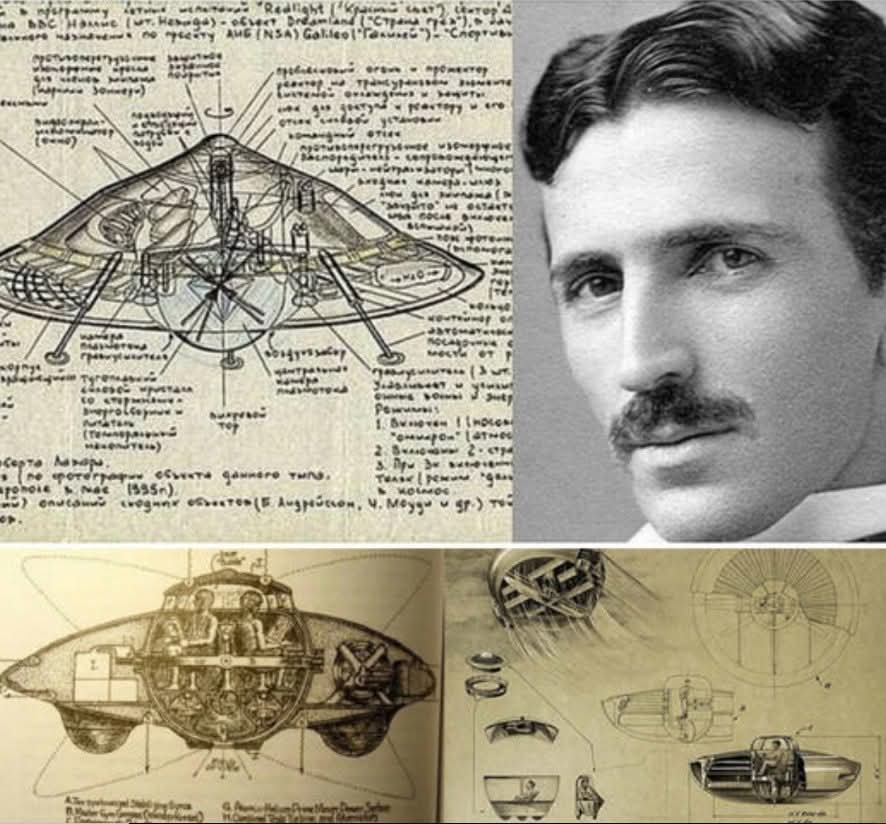
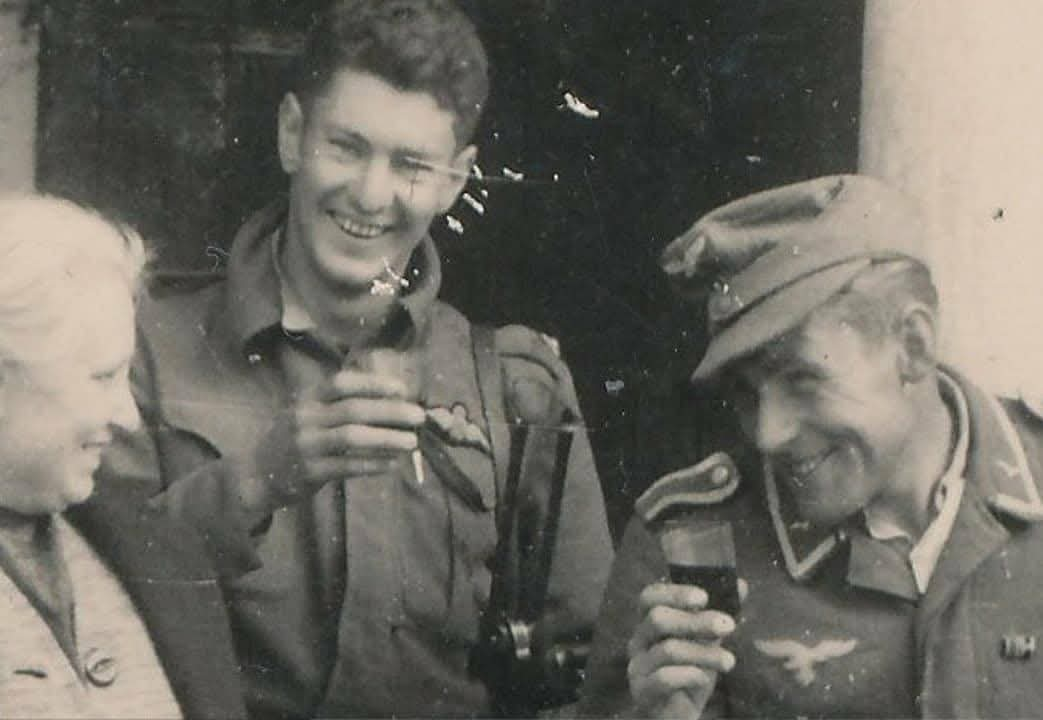
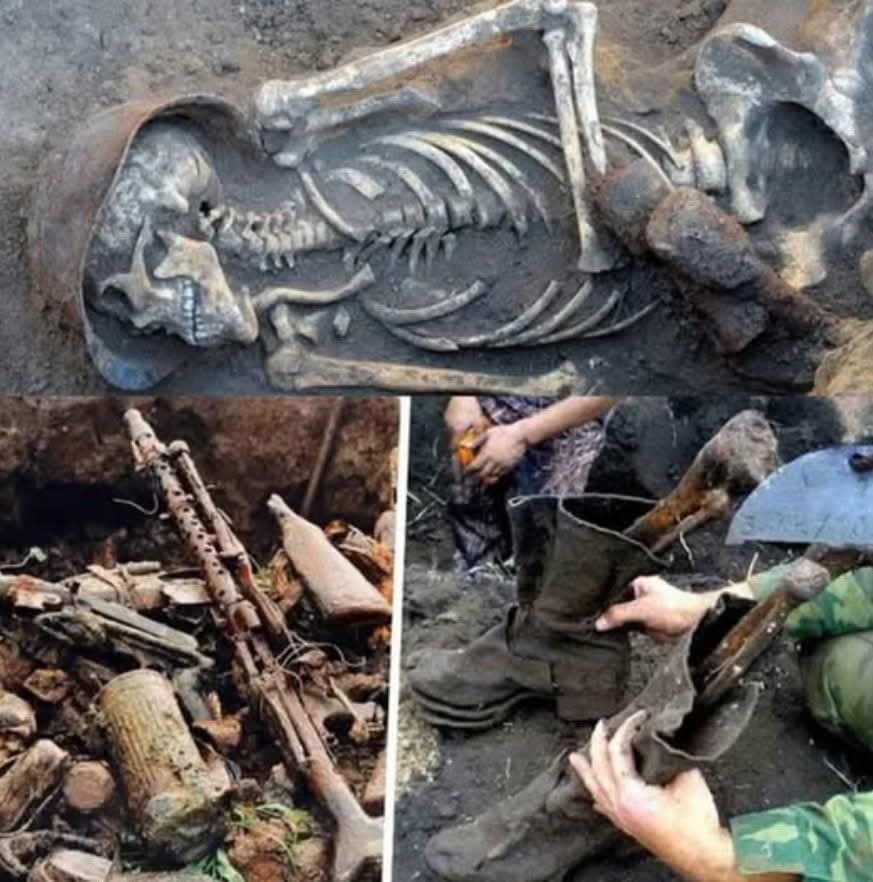
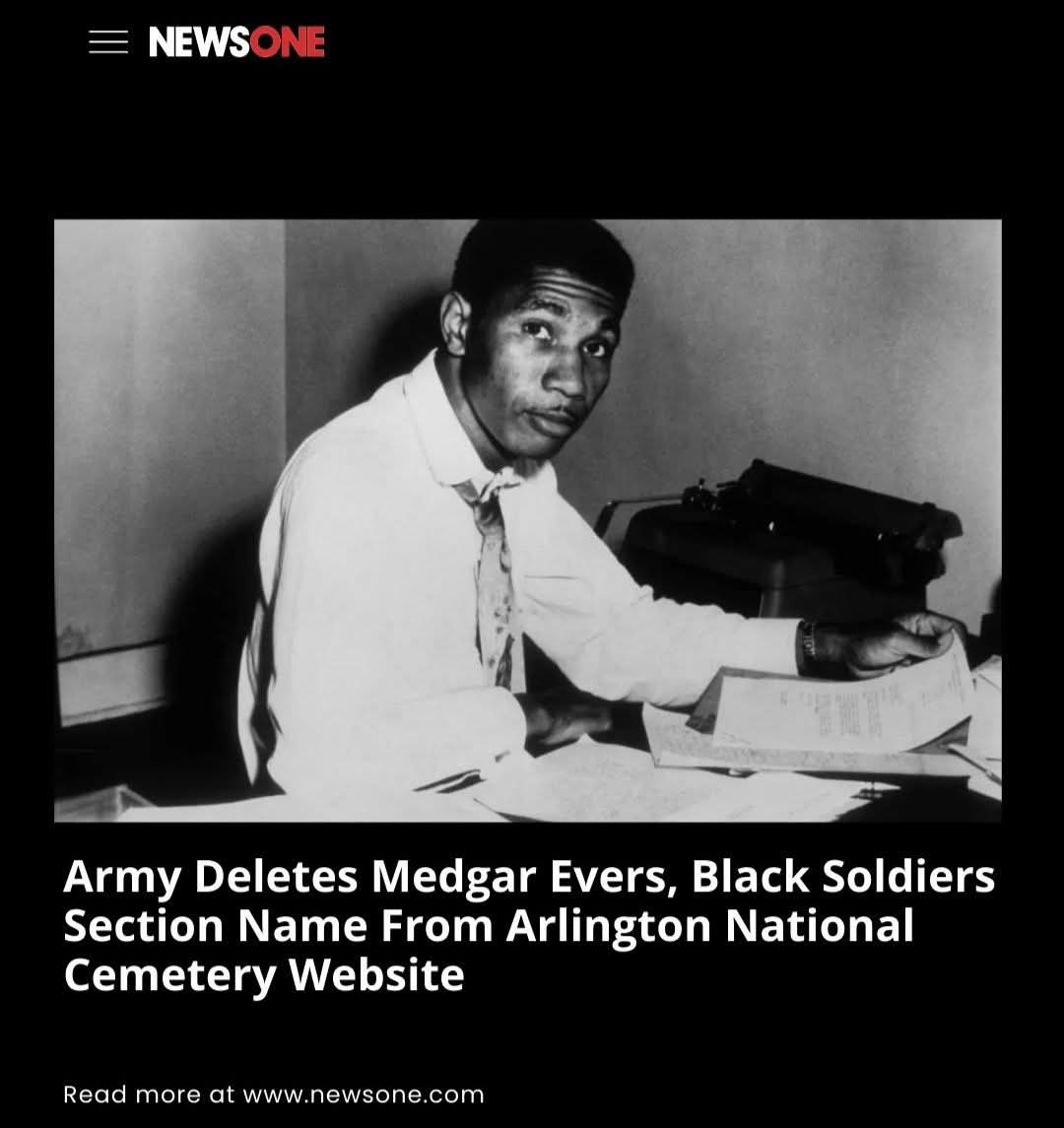
Leave a Reply